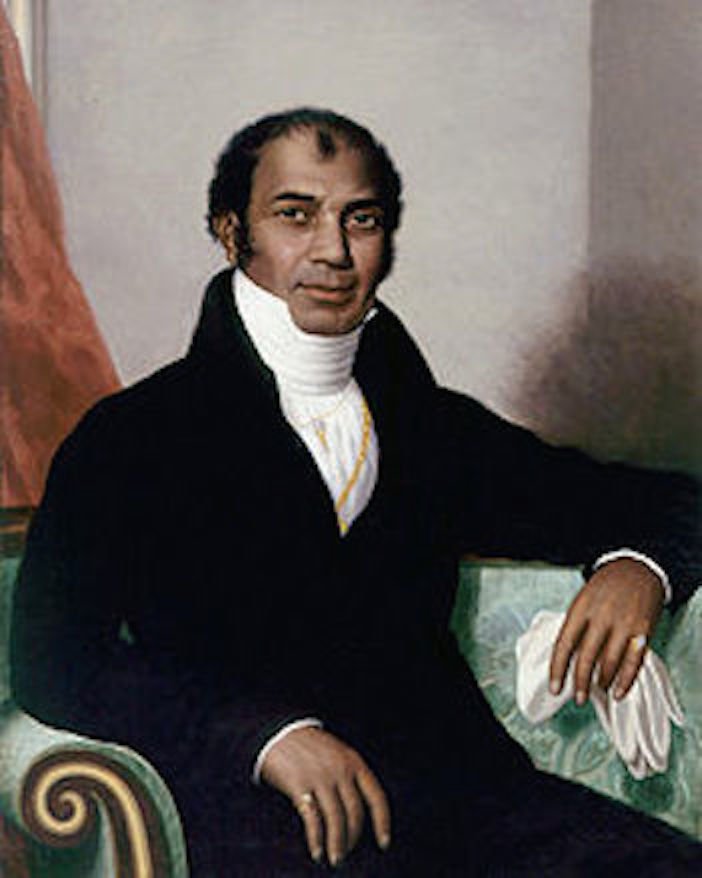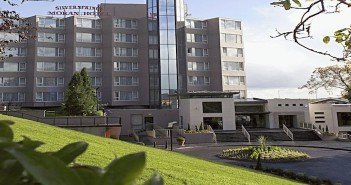Ireland’s Immigration History | The Many Lives of Sake Dean Mahomet
In 1784, at the age of twenty-five, a man named Sake Dean Mahomet sailed into Cork harbour with his patron, Godfrey Evans Baker. He left behind his life in India, (including fifteen years of service in the East India Company), and established himself as a respectable and respected man in Cork – later publishing a book, The Travels of Dean Mahomet. His life is a fascinating testament to self-determination, resilience, and sheer inventiveness. According to historian William Dalrymple, Dean Mahomet was “constantly charming and infinitely adaptable, intelligent and sharpwitted, part charlatan and part Renaissance man”.

The Baker family belonged to the landowning, merchant Protestant Ascendancy of Cork. Under their sponsorship, Dean Mahomet was dispatched to school, where – in addition to acquiring and advanced education in the classics and literature – he met and eloped with a young student, Jane Daly. It’s likely she was the daughter of Samuel Daly, a stone mason, as the baptismal register of her son records Felix Daly (merchant) as a sponsor. Prior to publishing his Travels, Dean Mahomet received subscriptions from from 320 people, most belonging to the social elite of Munster.
His book, written in epistolary style, was a travel narrative about India and he made no mention of his time in Ireland (nor in any subsequent writings). After the death of Godfrey Evans Baker, Dean Mahomet moved to Fortwilliam, the newly-built mansion of the younger brother, William Massey Baker. This house is now known as the Silver Springs Hotel. William had also been in India and returned with considerable wealth and a daughter, Eliza or Eleanor, his lovechild with an Indian mistress.

It was in Fortwilliam in 1799 that Dean Mahomet met another Indian traveller from the same Muslim service elite as himself, Abu Talib Khan. This self proclaimed “Persian Prince” wrote about this meeting thirteen years later, in his own Persian travel account. In it he mentions how:
Dean Mahomet, after studying, ran off to another city with the daughter … of a family of rank of Cork…He now has several beautiful children with her. He has a separate house and wealth and he wrote a book containing some account of himself and some about the customs of India.”
In 1807, William Baker married, and Dean Mahomet left Ireland, never to return. After a stint working for Basil Cochrane, a wealthy Nabob, he established the Hindostanee Coffee House, a restaurant near Portman Square, London, which offered Indian dishes, a separate smoking room complete with hookhas and featuring Indian décor. This is believed to have been the first Indian restaurant in Britain. But falling into financial difficulties, Dean Mahoment subsequently advertised for a position as a Gentleman’s Butler.
By 1814, Dean Mahomet had begun what would prove to be his most successful business, that of bathhouse keeper in Brighton. His wife Jane appears to have been actively involved in her husband’s commercial efforts, conducting many of the treatments on offer which included Indian Medicated Vapour Baths and Shampooing with Indian Oils (which seems to have been massage). Later Mahomet advertised his treatments and cited a wide range of complaints which could benefit from his expertise. After establishing Mahommed’s Baths – a big elaborately designed building which required a large steam engine pump sea water to service the vapour baths – he was appointed Shampooing Surgeon to the King having been favoured with the Royal patronage. By the time of his death, in 1851, Dean Mahomet had produced more books, invented more treatments (powders, pills) and developed a line of merchandise that included shampoos and bathing gowns made of calico and swanskin flannel.
A master of invention, self promotion and marketing, a writer of considerable talent, who successfully bridged the Anglo-Indian divide – and popularised the Hindi word “shampoo” – Sake Dean Mahomet was the ultimate self-made man.
References
Mahomet, Dean. The Travels of Dean Mahomet: An Eighteenth-Century Journey through India. Berkeley: University of California Press, 1997. http://ark.cdlib.org/ark:/13030/ft4h4nb20n/
Available online, this text by Michael Fisher, contains the original book by Dean Mahomet as well as an essay on his time in Ireland and England. The details of the bathouse in Brighton in particular are fascinating!
